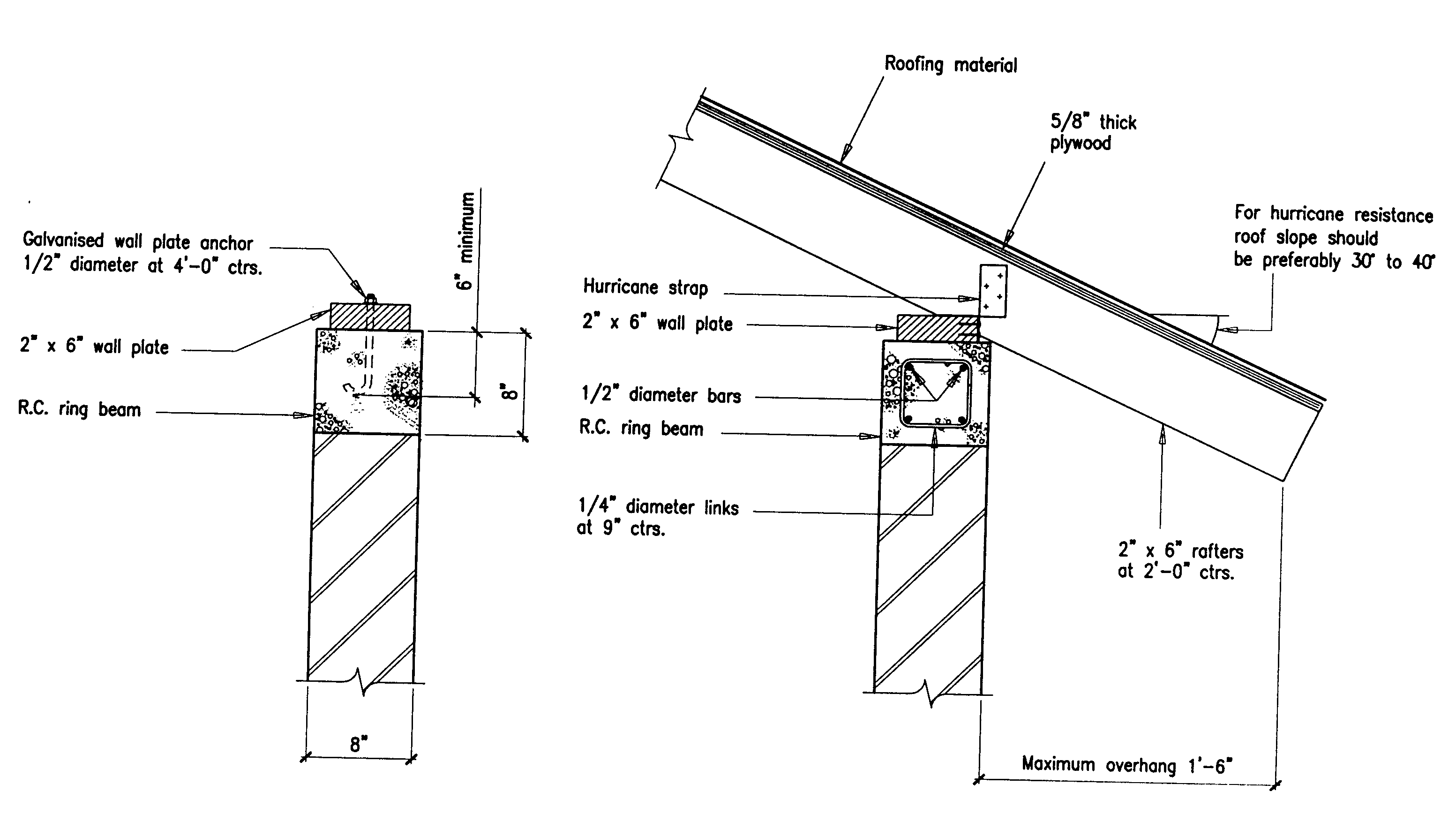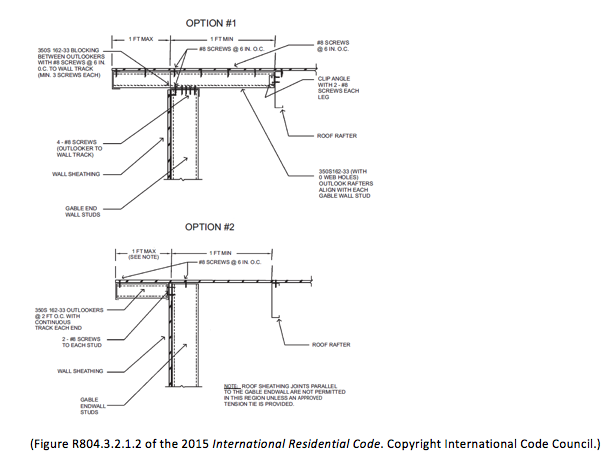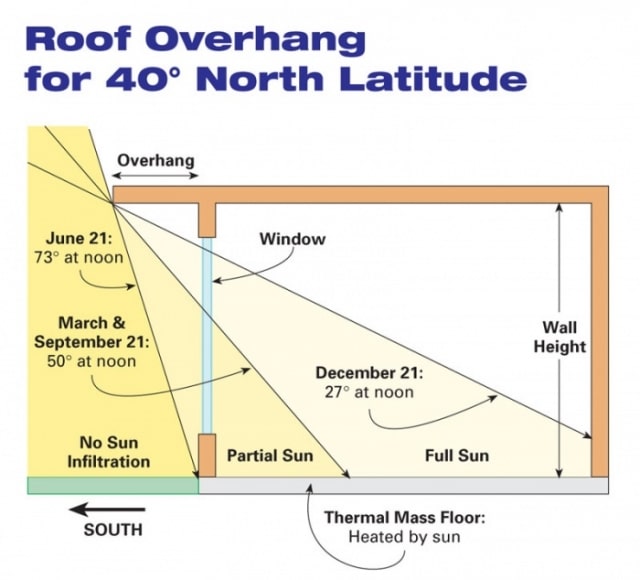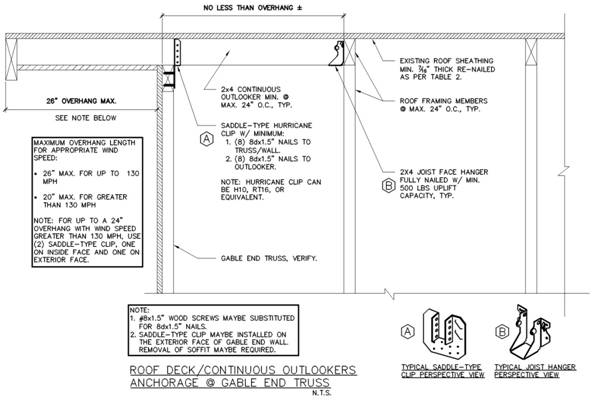With that in mind we kept a roof overhang at the eaves as it provides a nice shadow line and protects the second floor windows from a bit of the summer sun.
Minimum roof overhang length.
You do not need more than 2 feet 0 61 m of total overhang for your building to stay safe and avoid water damage.
A typical metal roof overhang may be 2 to 4 inches or even less.
A shed overhang is an easy and effective way to protect your shed.
16 foot and taller 24 inch overhangs.
Roof overhangs can extend farther than 2 feet but beyond this length they begin to lose structural integrity and require external supports.
4 choose to extend the preexisting rafters to add 2 9 inches 5 1 22 9 cm.
You can add 3 to 5 inches to the top.
Too much overhang and the shingles could blow off in high winds.
Two feet is the general maximum length for a typical roof overhang.
This will protect a roof from most types of damage.
The edge of the shingles should hang over a roof between an inch and an inch and a half or between a half inch and three quarters of an inch if drip edge flashing is installed.
This will keep rain away from your shed.
Another exception would be along eave sides with doors for weather protection longer overhangs generally work best.
This can make extensive roof overhangs more trouble than they are worth in all but the harshest climates.
The exceptions include enclosed overhangs on open sidewalls i do not like the look and they become a nesting place for small flying critters and birds.
According to the 2012 international building code 1507 4 2 deck slope minimum slopes for roof panels need to comply with the following.
Too little can allow water to seep into rake or fascia boards.
Some slight overhang is recommended in conjunction with a drip edge flashing to prevent water from getting under the roofing and onto underlying wood.
At the rakes however with a nod to yankee frugality and clean modern lines we kept the roof trim as close to flush as practical while still allowing for a rain screen channel.























